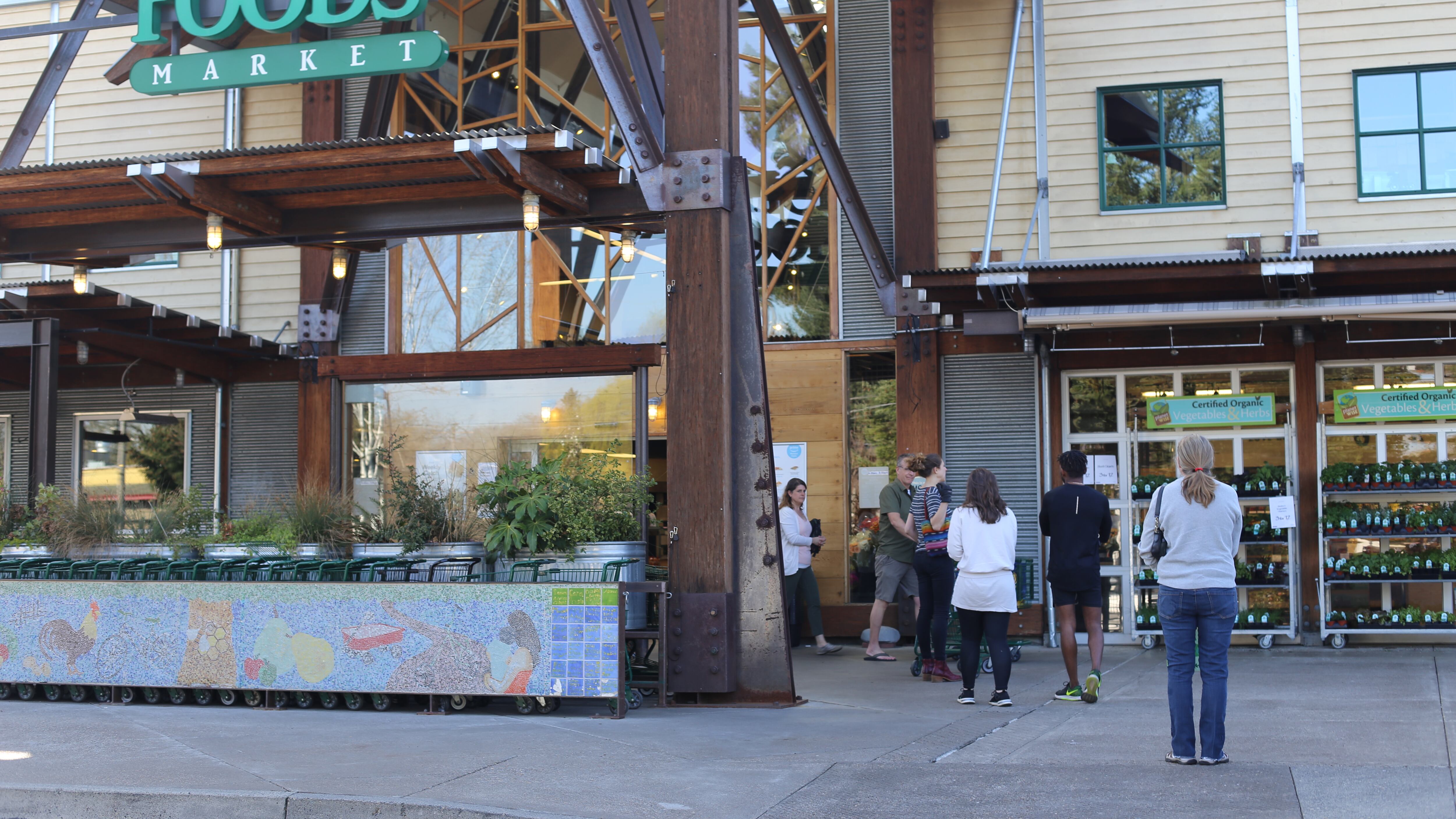Top public health officials from Clackamas, Clark, Columbia, Multnomah and Washington counties came together Thursday afternoon to urge residents to practice social distancing—maintaining a 3-foot distance between themselves and others—and to explain the distinction between social distancing and a government order to shelter in place.
That has become a point of contention in the race to contain the spread of COVID-19. Some health care figures have said they favor the more draconian step of sheltering in place—and Portland Mayor Ted Wheeler has begun drafting an order to do that—while Gov. Kate Brown and state public health officials have said they are not ready to take that step.
On Thursday evening, California Gov. Gavin Newsom issued a statewide shelter in place order.
Portland-area health officers had said several hours earlier they didn't think that was yet necessary.
"We weighed in recently on the question of whether our elected officials should consider a shelter in place order similar to that in the San Francisco Bay Area," said the officers, led by tri-county health officer Dr. Jennifer Vines, in a joint statement this afternoon.
Typically, Vines noted, shelter in place orders are used for short-term disruptions, such as hurricanes, fires, earthquakes or other disasters of shorter duration. Nobody knows how long the COVID-19 pandemic will last, and health officials described the physical and mental health risks of forcing people to remain inside.
"To be clear, we fully support the spirit of such an order and strongly encourage everyone to avoid all types of gatherings of more than 20 people, and smaller is better," they said. "We support physical distancing and policies that support limiting interactions in workplaces and businesses. That said, we are obligated to carefully consider the effect of such a policy on our population, including the downsides. There are unintended consequences to a local or statewide shelter in place order that can disproportionately affect marginalized populations in rural and urban parts of our state."
In response to questions from reporters, Vines and her colleagues from other counties explained their thinking.
Vines said she understood why Mayor Wheeler would prepare such an order.
"Elected officials feel a huge responsibility," she said.
But clearly the concept of ordering people to practice social distancing is a step beyond merely asking them to do so.
"We are obligated," Vines added, "to make sure we have put in place a policy of allowing people to comply voluntarily first."

